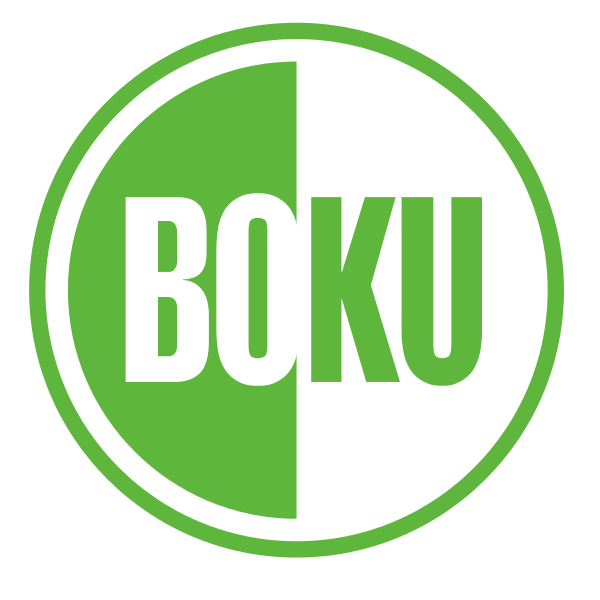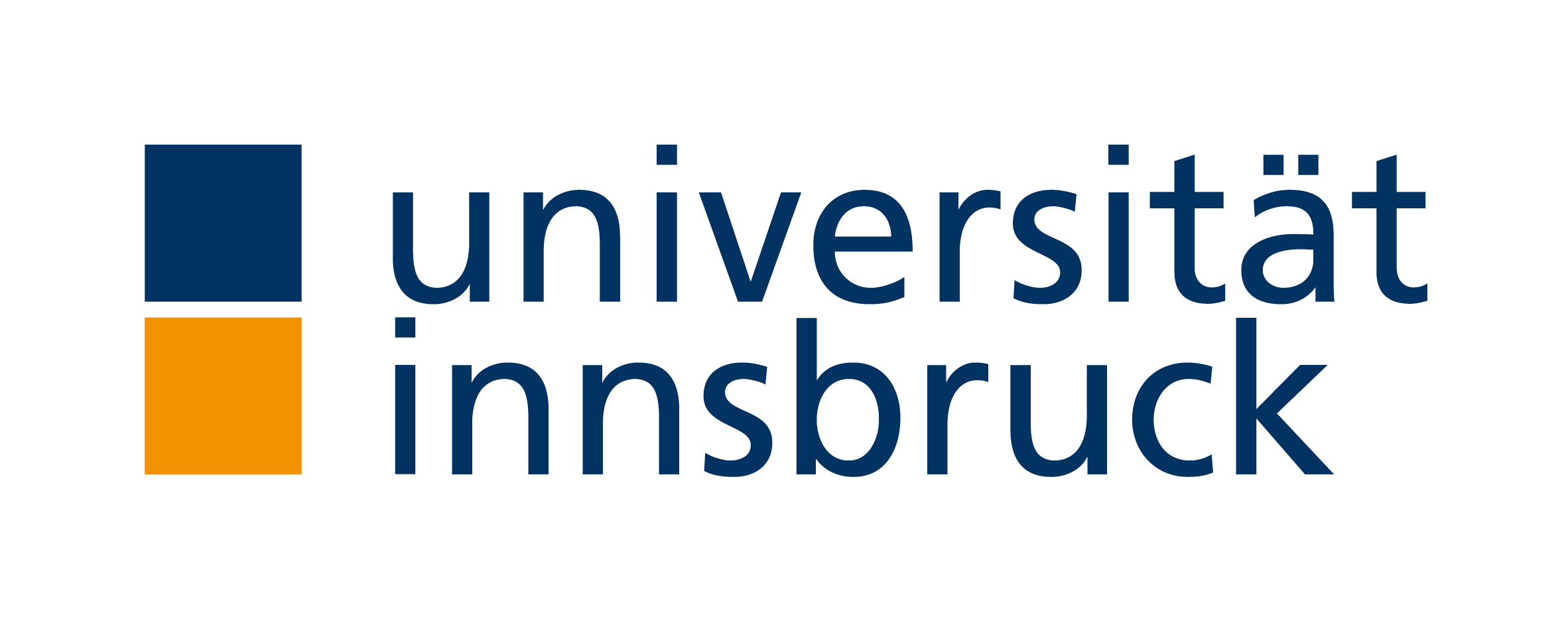Position with focus on the case study of the Czech food regime
I am looking for a PhD or Post-doctoral researcher who will work together with me, Christina Plank, in the Young Independent Research Group project financed by the Austrian Science Fund (FWF) on “Exploring values-based modes of production and consumption in the corporate food regime”.
The person should have a background in social science (political science, geography, sociology, …) and be familiar with political ecology approaches and critical agrarian studies. One of her/his main tasks is to carry out fieldwork in the Czech Republic. She/he shall be trained in qualitative methods and be open for innovative methodological endeavors and interdisciplinary work. Knowledge of Czech language is required. German language skills are welcomed to easier integrate at BOKU.
Formal conditions:
- 30 hours/week PhD or 20 hours/week Post Doc for 3 years
- starting asap at the Institute for Development Research at the University of Natural Resources and Life Sciences in Vienna (BOKU)
Contact: christina.plank@boku.ac.at
Academic abstract of the FWF-project
Wider research context/theoretical framework
We analyse values-based modes of production and consumption (VPC) in food and agriculture to reveal their potential as small and mid-scale initiatives to change the current corporate food regime. We address the restructuring of agricultural value chains in their political-economic, social-ecological and spatial-scalar dimension. Our aim is to examine how new relations between producers, processors, traders and consumers emerge and how VPC in different countries under different institutional frameworks can be up-scaled.
Hypotheses/research questions/objectives
The project (1) develops an interdisciplinary conceptual framework (ICF) to understand these VPC by combining and refining food regime theory with critical state theory, social capital and territoriality. This allows examining processes of restructuring across scales (global to local initiatives). (2) It develops and tests a new interdisciplinary methodological toolbox (IMT) based on qualitative social research, expanded by visual and visceral elements. (3) It makes use of ICF and IMT to examine cases in Switzerland, the Czech Republic and Argentina. Empirical results are then used to improve on the theoretical and methodological frame. (4) It monitors and evaluates the research process, including reflections on mutual learning within the interdisciplinary research team.
Approach/methods
To understand VPC’s embeddedness, we start with an analysis based on a global and national political economy perspective, carrying out literature and policy document analysis, enriched by Q-method to examine the role of each country in the corporate food regime. Then, we take production and consumption landscapes as a starting point to enrich qualitative methods (interviews, participant observations and group discussions) with visual sociology and visceral approaches (IMT) to analyse which values (e.g. trust or justice) underlie the restructuration of supply chains. The political-institutional and the scalar aspect, as well as the role of social capital, will be highlighted in the analysis to show what conditions favour or impede the up-scaling of VPC.
Interdisciplinary approach
VPC call for an interdisciplinary approach: Critical state theory (political science) uncovers institutions’/actors’ power relations, social capital (sociology) adds the normative layer of values, and territoriality (geography) makes explicit any connections to scale.
Level of originality/innovation
We expand food regime theory by combining a multi-scalar conceptualization of the state’s role and a deeper understanding of (civic) values therein. To do so, we develop a new IMT, expanding on traditional qualitative methods with visual sociology and visceral methodology, to include emotional and sensory perceptions.




No responses yet